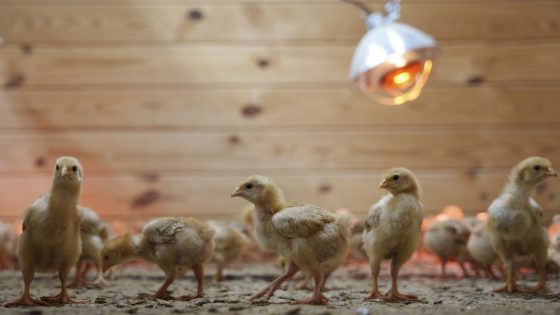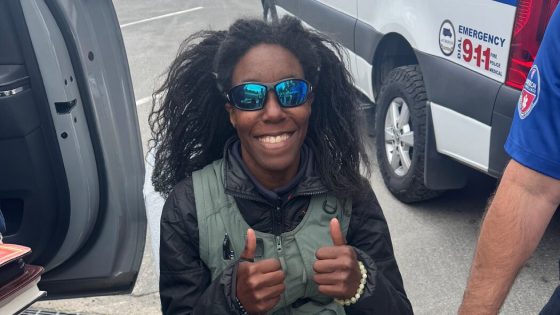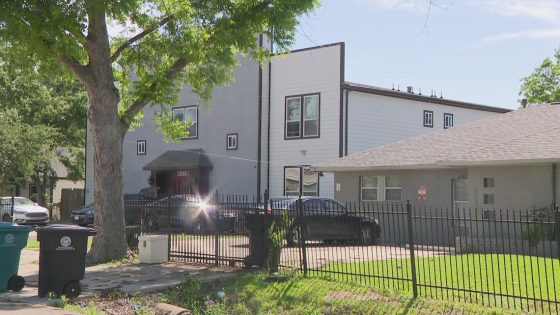In a shocking incident, thousands of chicks were abandoned in a U.S. Postal Service truck for three days, raising serious concerns about animal welfare. This event, reported on May 21, 2025, has left animal advocates and local shelters scrambling to find homes for the surviving birds.
- 12,000 chicks abandoned in USPS truck
- 4,000 chicks found dead upon discovery
- Over 8,000 chicks taken to animal shelter
- Adoption efforts yield only a few hundred
- USPS working to prevent future incidents
- PETA criticizes mailing live animals
The First State Animal Center and SPCA in Camden, Delaware, is now caring for over 8,000 chicks that survived the ordeal. Initially shipped from Pennsylvania’s Freedom Ranger Hatchery, these chicks were intended for farms across the country but were left without food or water, leading to the tragic loss of around 4,000 birds.
This incident prompts a vital question: how can we ensure the safe transport of live animals? With the USPS stating it is working to prevent future occurrences, the debate on the ethics of shipping live poultry continues.
- Only a few hundred of the surviving chicks have been adopted.
- USPS acknowledges that such incidents, while rare, still occur.
- Animal rights groups argue that shipping live animals poses significant risks.
As we look ahead, it’s crucial for both consumers and farmers to advocate for better practices in animal transportation. Together, we can help prevent such tragedies in the future.
































